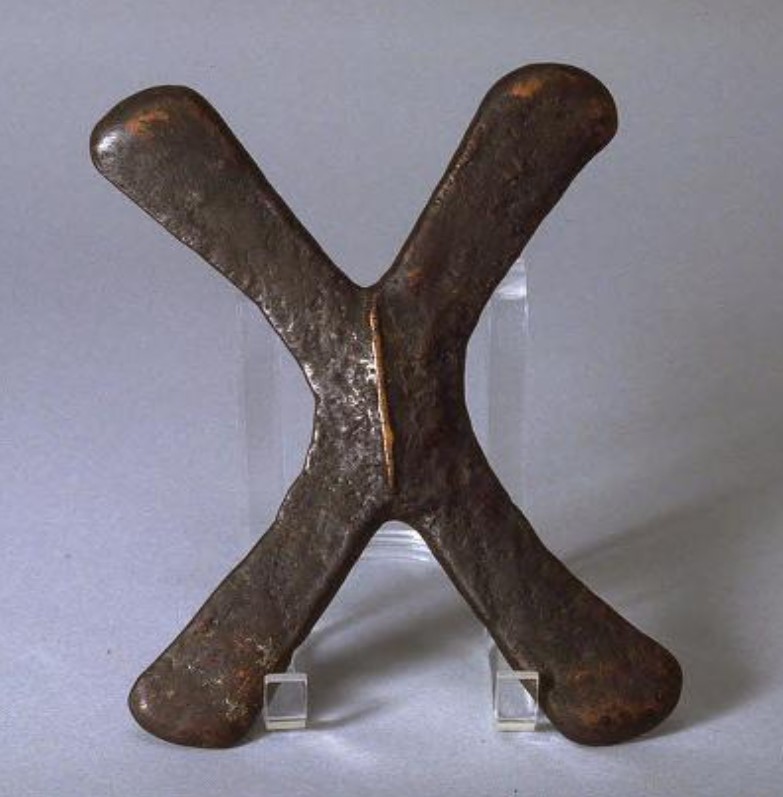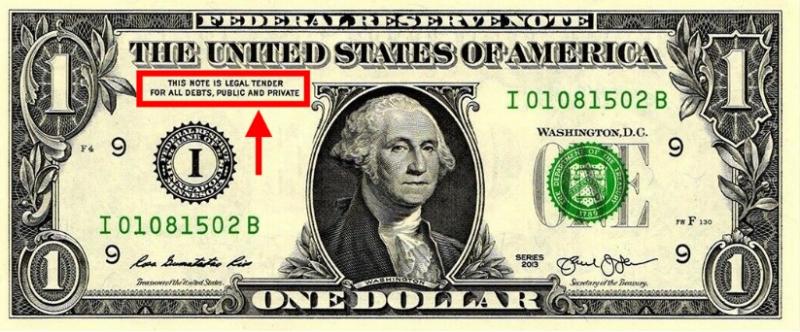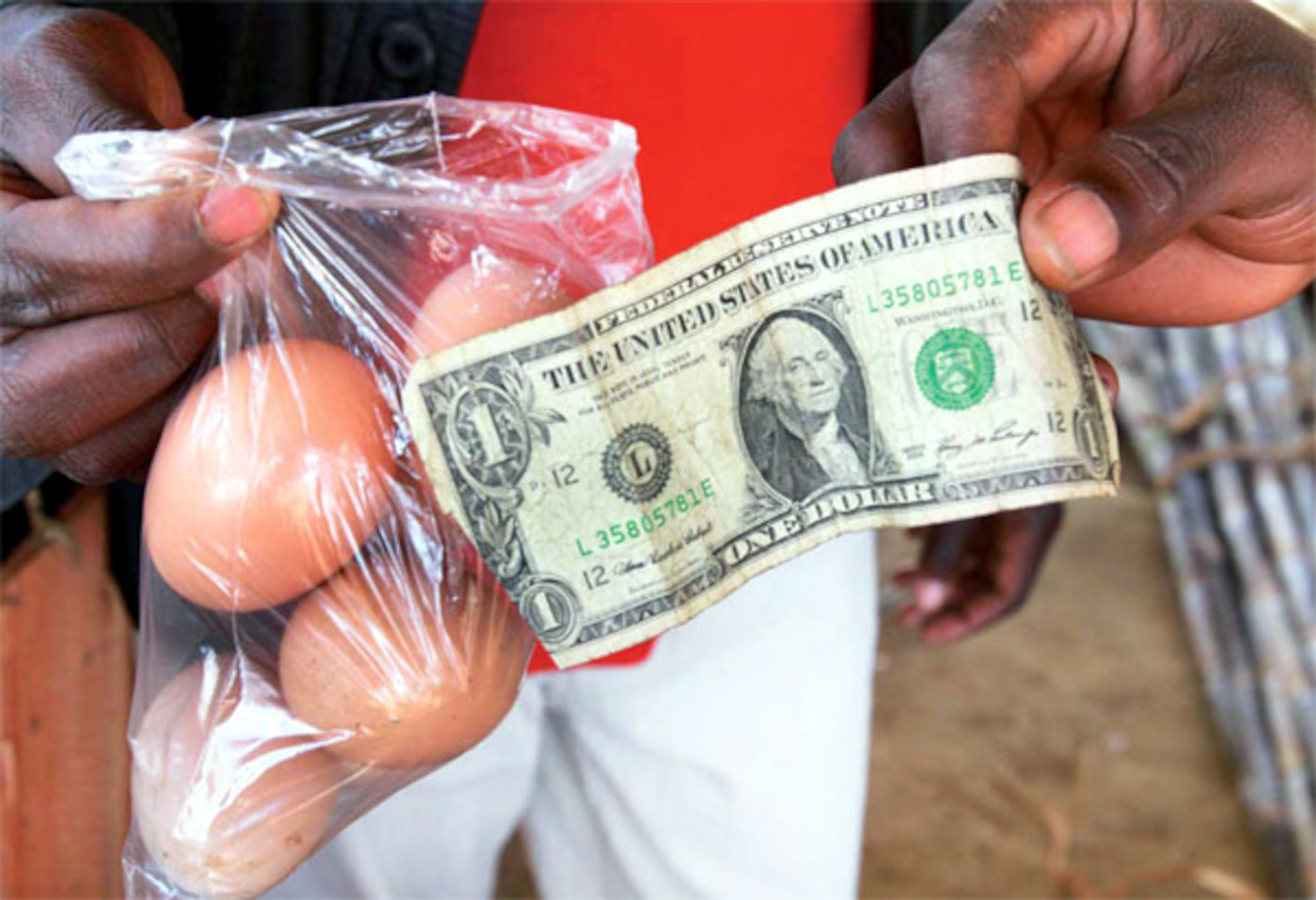Introduction
Welcome to the beginning of a fascinating expedition through time, tracing the evolution of one of humanity’s most ingenious inventions: money. This tale is not solely about economics; it’s a narrative of connection, commerce, and community building. It’s about grasping our origins to chart the course toward our future—toward the realms of digital currencies and blockchain technology.
In this series, we focus on Blockchain technology. While not money or cryptocurrency itself, blockchain technology was pivotal in the first successful implementation of a decentralized digital currency, Bitcoin (BTC), and remains crucial to most cryptocurrencies.
The Origins of Money
Long before the era of jingling coins and the swiping of credit cards, there was barter – the direct exchange of goods and services. Imagine the simplicity and the complexity of deciding how many goats your neighbour’s sorghum was worth. But as our communities grew and our needs became more sophisticated, the limitations of barter became evident.
The primary challenge with a barter system is what is termed “coincidence of needs.” For example, if you had goats and needed grain, then you had to find somebody with grain who wanted goats. What if they preferred cows? Or what if they want the goats now but will only have the grain at the end of the farming season?
The solution was a universal medium of exchange, leading to the advent of commodity money—items valued both intrinsically and for trade, such as beads, shells, ivory, salt, gold, copper crosses or even metal tools. This was our first step towards abstracting value, making trade more flexible and widespread.

Age of Coinage
The inception of coinage marked a pivotal moment in monetary history. Ancient civilizations began minting coins from precious metals, stamped with official seals to standardize value. This not only standardized values but also bolstered economies by facilitating trade over greater distances. This opened international trade routes such as the Silk Road connecting China with Middle East, Africa, and Europe.
With time however, debasement started, which was a practice of diluting gold or silver with less valuable metals like copper and maintain the face value. This was done by governments and rulers for various reasons, most commonly to stretch the treasury and often worked only for short periods as people would soon start to hoard the good money and transact in the debased (bad) money. This was concisely summarized by Gresham’s Law: “bad money drives out good, if they exchange for the same price”.
From Metal to Paper Money
While coins made from precious metals like gold, silver, and copper had intrinsic value, their physical nature posed limitations. Coins were heavy and cumbersome for large transactions or long-distance trade. Additionally, the need to assay (for purity) and value coins from different regions complicated trade. As economies expanded and trade networks grew more sophisticated, these limitations of coinage became more pronounced, nudging societies towards an alternative form of currency.
The 1st formal issuance of paper currency occurred in China during the Song Dynasty (960–1279 AD). State backed paper money was a revolutionary innovation making trade more efficient and gradually spread along the Silk Road reaching the Middle East, Africa, and eventually Europe. The banknotes were issued by banks as a promise to “pay the bearer on demand the specified amount of gold or silver coins”. This was known as the gold standard.
Many countries suspended the gold standard during World War 1 so they could print more money to finance the War. Some countries tried to return to it after the war but most failed with the UK formally dropping it in 1931 leaving the Pound Sterling with no pounds of silver sterling to back it but simply trust in the issuing authority, the British Empire.
Bretton Woods System
On the eve of the end of 2nd World War, delegates from the Allied Nations met in the Bretton Woods, New Hampshire, United States. This conference aimed to create a new international monetary system in the aftermath of World War II, seeking to avoid the economic disasters that followed World War I, including the Great Depression.
The Bretton Woods conference established a new global monetary system, pegging currencies to the US dollar (reserve currency) and setting the stage for the International Monetary Fund (IMF) and World Bank. This system lasted until the US abandoned gold-dollar convertibility in 1971, ushering in the era of fiat currencies.
Modern Banking and Fiat Currency
The current global standard is fiat currencies, with no intrinsic value (i.e. not backed by anything) and derives its value solely from the authority and declaration of the government that issues it.
Modern money is a form of an IOU (I Owe You) meant to track debt and value through the economy. You will only accept a dollar (IOU) in exchange for your goods or services if you know it will get you goods or services of equivalent value at a later stage and governments guarantee that by designating it legal tender.

The introduction of credit cards, ATMs, and online banking ushered in a new era of convenience, turning money electronic and enabling people to manage and spend their money with unprecedented ease and enabling new industries like eCommerce. Yet, these advancements were just the prelude to a more significant revolution.
The Digital Age and Cryptocurrency
The digital age has brought us to the brink of a new frontier in the story of money. Cryptocurrencies, like Bitcoin, emerged as the first money entirely native to the digital realm—secure, decentralized, and without the need for a central authority.
The magic behind these digital currencies is blockchain technology, a system that allows for secure, transparent transactions without intermediaries, promising not just a new kind of money, but a new way of transacting value itself.
Blockchain – The Technology Behind Cryptocurrencies
Blockchain is more than just the backbone of cryptocurrencies; it’s a new architecture for trust. In a world where transactions can be secure, transparent, and without a central gatekeeper, possibilities for financial inclusion and innovation are vast. From banking the unbanked to creating more equitable financial systems, blockchain technology represents a significant leap forward in the evolution of money.
Looking Forward – The Future of Money
The future of money looks both thrilling and uncertain. Cryptocurrencies and blockchain technology have the potential to redefine our financial systems, but not without challenges. Regulatory hurdles, technological advancements, and societal adoption are just a few of the obstacles that lie ahead. Yet, the journey of money has always been one of innovation and transformation, shaped by our collective needs and dreams.
Conclusion
Money has taken many forms over the years but at the core of it is humanity’s need to transact, store value and account for their wealth. This series explorers blockchain as a new frontier in the innovation of money and how it can be applied with focus on the African continent.
Join us as we delve deeper into the world of cryptocurrencies and blockchain technology, exploring how they’re shaping the future of money. Your thoughts, questions, and stories are welcome here, as we navigate this new digital frontier together.
Simba Chinyani has a background in Actuarial and Financial Maths and is currently a Blockchain Academic, passionate about helping people navigate blockchain and the Decentralized economy.
Contact information: email: csimba362@gmail.com
X (Twitter): @chinyani_simba

What’s your take?